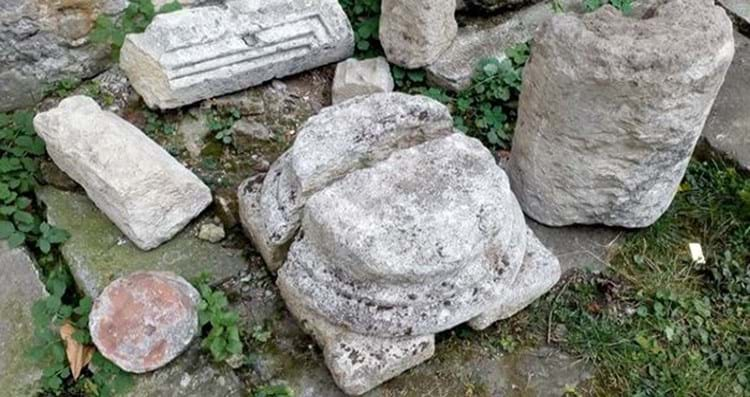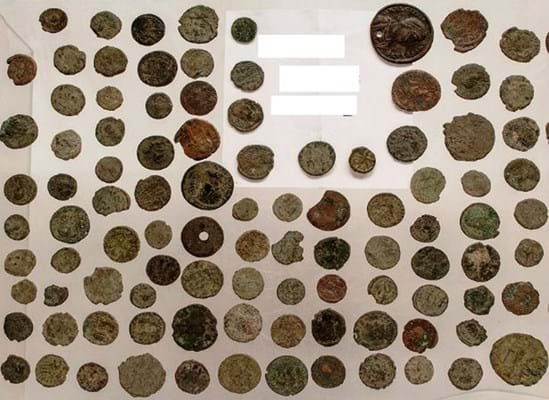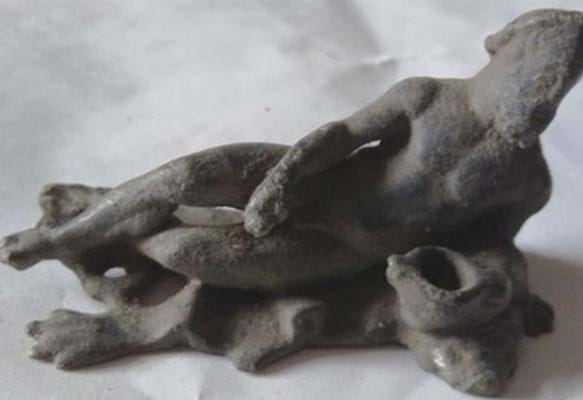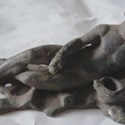
Police authorities from 29 countries joined forces to launch the operation that was coordinated by the Spanish Civil Guard (Guardia Civil) and supported by Europol, Interpol and the World Customs Organization (WCO).
The operation, named Pandora III, began last year and investigated the trafficking of cultural goods and focused on online sales made by criminal groups.
According to the recently published joint statement from Interpol, 59 people were arrested and more than 18,000 items were seized including archaeological items, furniture, coins, paintings, musical instruments and sculptures.
Forces involved in Pandora III mapped online activity and targeted suspicious websites and sellers. This part of the operation was led by the Dutch police and with the help of other agencies 169 suspicious websites were targeted, resulting in the seizure of 682 cultural objects.
Other areas of the operation involved inspections in auction houses, art galleries, museums and private houses, resulting in 49 arrests; controls at ports and border crossing points resulting in four arrests and 201 cultural goods seized; and the targeting and inspections of what the police described as “hot spots” such as archaeological sites which led to six arrests and 909 cultural goods seized.
In a statement Interpol said: “Fighting the illicit trafficking of cultural goods online is a key challenge. Criminal groups take advantage of digital platforms such as websites, social media and instant messaging apps to sell cultural artefacts of unlawful origin.”









